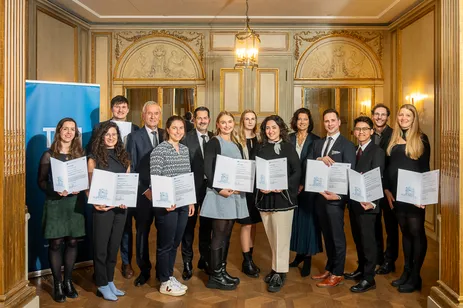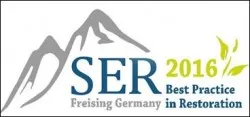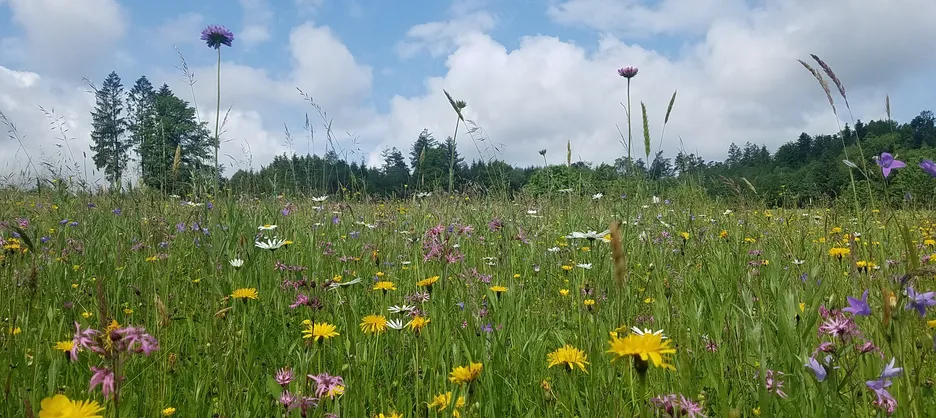
The natural environment is undergoing rapid change due to changes in land use, excess nutrients, invasive alien species and climate change. The associated negative effects on biodiversity and ecosystem functions require new forms of nature conservation and renaturation. This is the central task of the Chair of Restoration Ecology.
In addition to analyzing vegetation-ecological processes under the influence of different site and usage conditions, our research focuses on the importance of vegetation for the function of ecosystems. Our research projects focus on the vegetation dynamics of semi-natural and agricultural systems, invasive alien species, plant material for restoration projects and the effects of wetland restoration on the production of climate-relevant trace gases. We combine population-ecological, synecological and ecosystem approaches.
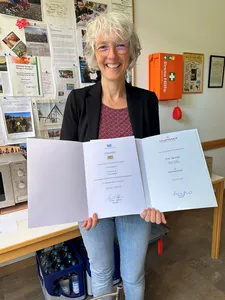
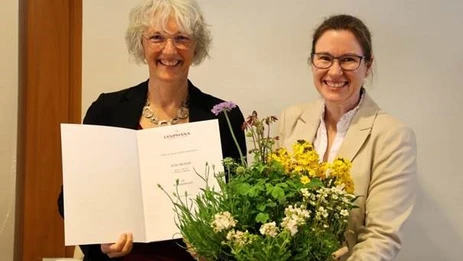
PD Dr. Tina Heger was recently appointed honorary professor at Leuphana University Lüneburg and associate professor at the Technical University of Munich. The ecologist develops concepts for synthesizing knowledge and for better application of research results, e.g. on invasive neophytes. She also works on scientific scenarios on how to improve the relationship between humans and nature. She values interdisciplinary work, for example with philosophers. This gives her a broad perspective on the topic of ecology.
Interview with Tina Heger
The concept of the Anthropocene is not helpful for protecting the environment
TV report on SAT.1 Bavaria
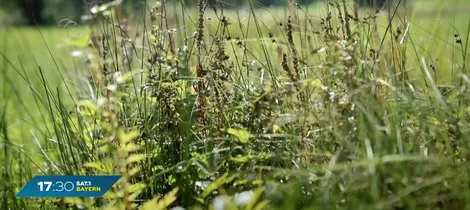
“Biodiversity on golf courses” New bee concept in Bavaria" reports on ‘GolfBiodivers’ - using the example of Golfclub München Eichenried. The report not only provides an interesting insight into the scientific work carried out as part of the project, but also focuses on the opportunities of biodiversity for golf courses.
Rethinking green spaces: scientists create oases of biodiversity
Our second part on biodiversity in unusual places.
The dissertation of Dr Markus Bauer (2nd f. r.) was awarded the Johannes B. Ortner Prize and was presented by President Thomas F. Hofmann at the TUM Awards Dinner (14.11.2024). The prize is awarded annually by the Johannes B. Ortner Foundation, which was established by the Honorary Senator of TUM Johannes B. Ortner to promote young scientists.

Award for the project Grassworks (Miriam Wiesmeier) as part of UN Decade of Ecosystem Restoration by the Federal Ministry of the Environment (2022).
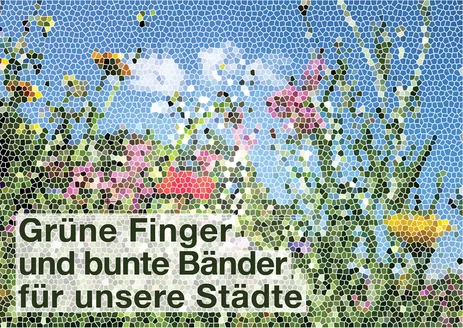
Weihenstephaner Forum 2022: Grüne Finger bunte Bänder – Urbane grüne Infrastruktur (21.10.2022) (s. Zeitschrift des Alumni-Clubs Landschaft TUM Nodium #15)

The dissertation of Dr. Marion Lang (s. photo) was awarded the Wolfgang Erz Sponsorship Prize at the German Nature Conservation Day (11.08.2022) in Hanover. The prize is awarded every four years by the Federal Association for Professional Nature Conservation (BBN) in memory of the conservationist Wolfgang Erz, who died in 1998.
Presentation of Professor Johannes Kollmann at TUM@Freising on 26.07.2022 (Announcement, Report, German)
Golf meets science. Interview with Professor Johannes Kollmann (26.03.2020)
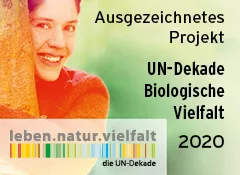
Awards as part of the UN Decade for Biodiversity for the projects Use of rare arable plants to increase the ecosystem functions (Alina Twerski) at 2020-10-01, the project Rare Arable Plants for Bavaria's cultural landscape (Marion Lang) at 2020-03-03 and the project Flower Strips for our cities in times of climate change (Simon Dietzel) at 2020-12-03
